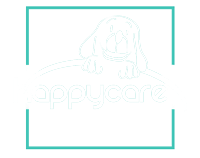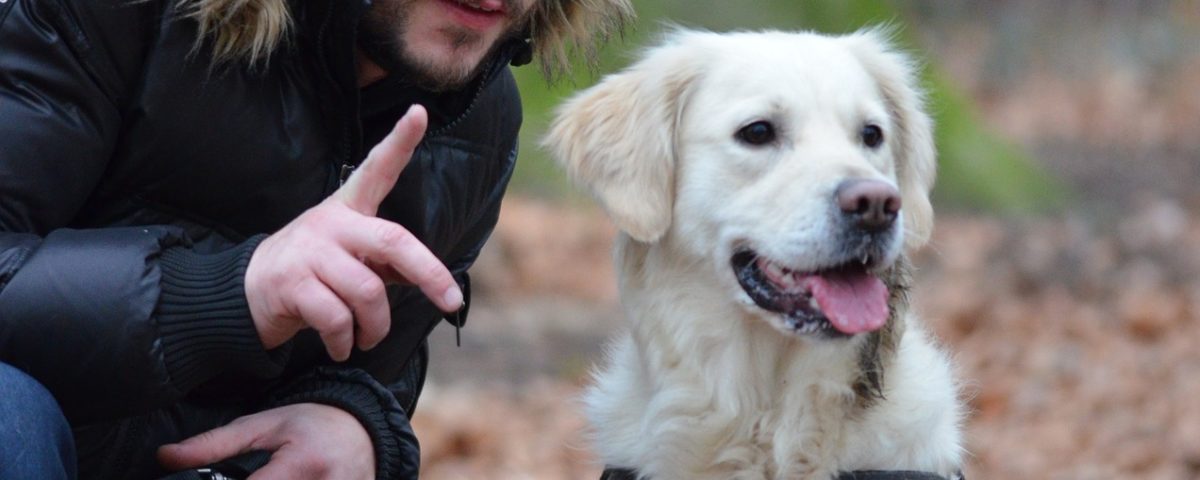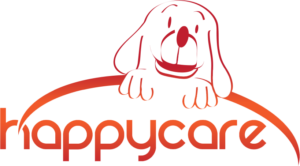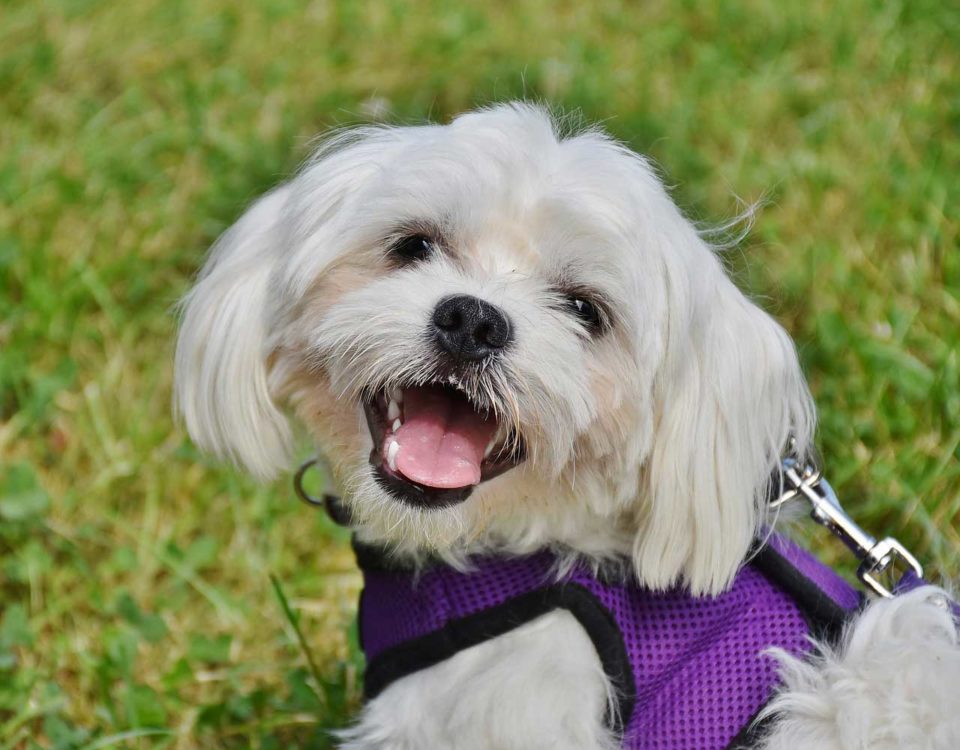
Dog allergies
23 May 2018
Dog diet, the benefits of olive oil, what are they?
18 July 2018Educate the dog: difficult task?
Often to the joy of having taken a puppy at home with us, there is also the concern of not knowing how to educate the dog.
Educating the dog is a task that in some ways we often underestimate, convinced that we can meet all the needs and behavioral problems that could arise when a new member arrives at home.
Yet often things are different from how we think and the fact that more and more new owners are turning to a dog trainer to help them grow their beloved puppy.
Why is it difficult to educate the dog?
First of all, it is difficult to educate the dog because we tend to reproduce the maternal or educational attitudes we would have with a child with the new puppy.
In this way we create a morbid attachment of the newcomer that leaves no room for psychological growth and detachment that naturally instead is created by his mother from the beginning of the sixty days.
The dog is not a child and is not even a human being, and although it may be sweet and cuddly in appearance, whatever breed it is, it retains 98% of the mitochondrial DNA of the wolf.
Which means not only that it belongs to a different species, but with this it shares behavioral and pack models that, for a certain part, are similar to ours, but for another they are totally different.
This is why to educate the dog we must realize that he obviously needs love and pampering but it is not the exclusive thing we have to foresee for good growth.
In order to grow well, the dog needs three basic things:
- Power
- Rules
- Affection
Power
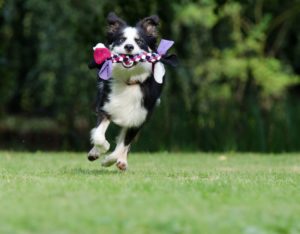
Each dog is born with a different energy, depending on the breed and individuality, which means that the first task for the owner to educate the dog will be to vent and channel this energy in the right direction.
So if we took a Border Collie, we could not expect it to be satisfied with a simple half-hour walk.
It is a duty for us to predict the right physical activity for our dog and this regardless of whether we have a garden or not, the will of the dog to go out and explore the surrounding environment remains unchanged.
Rules

It seems in some ways a constraint but or the dog to find himself in an environment in which clear and precise rules are respected becomes of primary importance.
The dog has a very strong need to be guided by someone and when instead he feels compelled to take over the management of the day, often begin conflicts, frustrations and any difficulty in dealing with the owner.
That’s why educating the dog, passes from the respect of the rules that each of us decides to put at home. In this case coherence is very important, that is to say that these rules are respected by each member of the family, so that the dog is not in situations in which someone will have to respect the rules and with others will be able to transgress them.
And here we come to the last part of the dog’s need, affectivity.
Affectivity
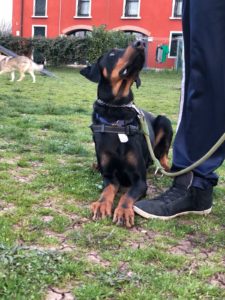
Usually the order of importance reserves to this third part of the importance in educating the dog, in the first place.
Yet it is not as correct as it may seem to us.
To love one’s dog does not mean to spoil it, to praise it and to satisfy it in everything, since it is not so that the brain of an adult dog is structured.
An adult dog needs directives, play, interaction and only moments of mutual exchange.
The psychological balance is important in order not to incur physical illnesses.
If we relate with the dog as if it were a newborn then we will start wrong because we will lay the groundwork for a very frequent behavioral problem that often arises from our inability to put limits and boundaries to the affective relationship of the dog and, consequently, to the his inability to endure loneliness.
This problem is called separation anxiety and is a problem that unfortunately increasingly afflicts dogs and owners.
So we try to see the mission of educating the dog as a balance to keep in balance. This scale must support two weights, that of giving to your dog and that of asking your dog.
We can ask our dog, in terms of education and peaceful coexistence, only when our giving, in the three important parts of life with the dog we have just dealt with, are in balance.
So, let’s vent our dog’s energies with opportune activities, we foresee for him rules and boundaries of cohabitation with us and finally give him the affection and closeness he deserves.
Simple rules and simple steps but if approached in the most appropriate way, will help you to educate the dog in the fastest and most natural way.
Fedra Dirani
Have you already heard of the Happy Care magnet therapy mat? Magnetotherapy is a form of physiotherapy that exploits electromagnetic energy for therapeutic purposes both in prevention and treatment of musculoskeletal diseases.
